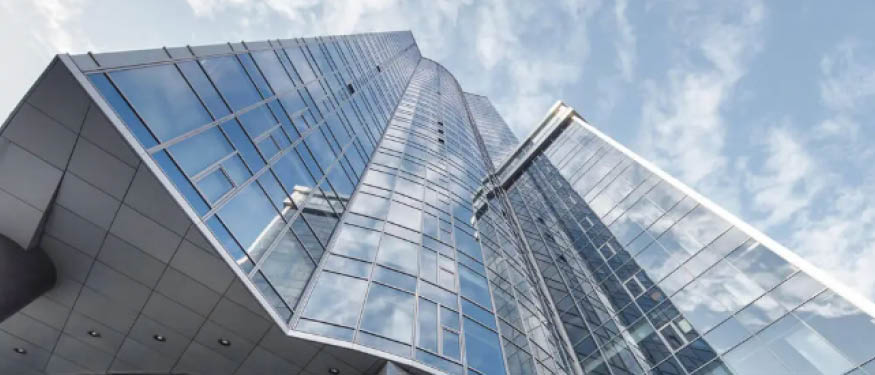In 2021, a new Construction Act (No. 283/2021 Coll.) was adopted in the Czech Republic. This groundbreaking legal norm was designed to solve problems in the permitting process for infrastructure and other projects, such as lengthy administrative procedures, a cumbersome process of obtaining consents and opinions from various authorities, and often a lack of coordination among authorities, which frequently caused inconsistencies in interpreting the law as well as delays.
The new Construction Act is therefore intended to simplify and speed up the process, improve transparency, and enable better coordination between authorities and other stakeholders. To achieve this, the digitalization contemplated by the new Construction Act will be an important tool.
One key part of the new Construction Act was the creation of a new state construction administration system within the concept of institutional integration. Although this comprehensive reform was not implemented to the original extent due to several amendments to the new Construction Act, where the mixed model is still maintained, it has given rise to a major office with an integrated agenda: the Transport and Energy Construction Authority (Dopravni a energeticky stavebni urad; DESU). This is now the key single authority for permitting infrastructure construction projects, which are defined by law as “designated construction projects” and specified in Annex 3 of the new Construction Act. These projects – which include motorways, railways, civil aviation facilities, large power plants with a capacity exceeding 100 megawatts, and structures in the field of nuclear facilities and power transmission systems – are of special importance for the state and their permitting process is more strictly regulated.
A state organizational unit, the DESU is under the Ministry of Transport or the Ministry of Industry and Trade of the Czech Republic, depending on the specific project it authorizes. Its scope is nationwide and includes key transport and energy infrastructure projects. The DESU integrates the agendas of several previously separate offices, making efficient use of expertise and resources to significantly simplify and speed up the construction permitting process. In doing so, the DESU eliminates redundancy and improves communication between different sectors. The DESU now includes experts from the Ministry of Transport, the Railway Authority, the Civil Aviation Authority, regional authorities and Prague City Hall for transport construction projects, and experts from the Ministry of Industry and Trade and the mining authorities for energy construction projects. This integration allows the DESU to assess and approve projects in a broader context, which includes not only the structures themselves but also related aspects, such as their impact on transport and energy.
As an authority specialized in major infrastructure, DESU’s competence primarily consists of permitting designated construction projects and related projects, which would otherwise be permitted by other authorities. The DESU also issues framework permits for nuclear installations and related structures located inside and outside the nuclear installation site.
When assessing a project, the DESU takes into account the technical and economic aspects, as well as the project’s impact on the environment, public health, and other public interests. As concerns public health issues, the DESU will be the only construction authority to assess public health issues, replacing regional health offices in the case of building permits, while in the case of assessing environmental impacts, it will have to rely on the Single Environmental Statement (SES), which is governed by Act No. 148/2023 Coll. and represents the integration of various environmental assessments into a single binding document. The SES replaces up to 26 separate administrative acts and is issued by the competent authorities for all projects permitted under the new Construction Act.
The DESU is also an administrative appeal body against decisions of regional building authorities in the area of non-reserved transport and energy infrastructure projects, to which the exercise of certain powers in the field of decision-making on minor transport and energy infrastructure projects is transferred from municipal building authorities. Last but not least, the DESU takes over part of the execution of expropriation proceedings, which was previously exercised by local authorities. Although the new Construction Act generally does not come into force until July 1, 2024, the new processes for permitting designated construction projects by DESU started on January 1, 2024. However, it is important to note that the permitting process may be affected by transitional provisions that apply to proceedings initiated before the new Construction Act comes into force. In such cases, the former Construction Act (No. 183/2006) will be followed.
By Vaclav Rovensky, Partner, Kocian Solc Balastik
This article was originally published in Issue 11.5 of the CEE Legal Matters Magazine. If you would like to receive a hard copy of the magazine, you can subscribe here.

















